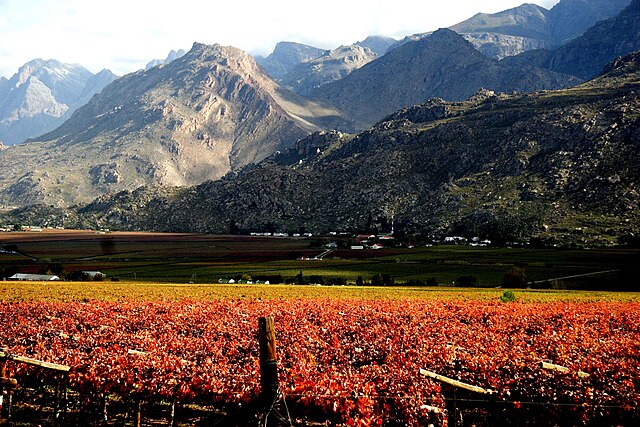Africa’s agricultural exports to China will benefit greatly from the mid-June 2025 scrapping of import tariffs in Sino-Africa trade.
On June 16, 2025, China’s President Xi Jinping granted zero tariff treatment on all tariff lines to some 53 nations in Africa excepting Eswatini.
Speaking at the Forum on China-Africa Cooperation (FOCAC) in Changsha, east-central China, Xi reiterated the 100% import tax exemptions.
The offer expands a policy that has hitherto restricted zero import duty to only 33 least-developed African nations.
China had earlier in September 2024 offered Africa a 360-billion yuan ($50.7 billion) pledge for infrastructural and agricultural development.
AGOA-like Opportunity
Beijing’s current treatment echoes that which the United States grants members of the African Growth and Opportunity Act (AGOA).
This at a time when 2025 marks the deadline to renew 10-year free trade between AGOA members and the U.S.
Besides, the United States in April 2025 levied notable members South Africa and Nigeria with 30% and 14% respective tariffs.
Mutual Trade Exchanges
Other than mimicking AGOA, Beijing is also seizing the opportunity to reinforce its status as Africa’s biggest trading partner since 2009.
From Rwanda’s cashews, to Kenya’s avocados and tea, to South Africa’s wine and maize, China has in recent years increased continental imports.
In as recent as the June 2025 FOCAC conference, Nigeria appealed to China for free entry of its agricultural and mineral riches.
In reciprocation, Beijing ships its garlic, fish, agricultural machinery and technology to various nations on the continent.
And as China and Africa trade gets headway with the latest bevy of free goodies, how do the actual figures stand? The statistics below attempt an answer by recounting trade data between the two sides.
Sino-Africa Agricultural Trade Statistics
China imports $170 billion of goods from Africa and supplies $62 billion in surplus to the continent, as of 2023. This virtually makes Beijing the biggest single trade partner with the continent as well as the largest lender. Since 2005, 27 nations in Africa have been enjoying almost 100% agricultural and general trade duty exemption from China. In agricultural terms, Africa exports 13% of its food, drinks and tobacco to China, as of 2020. In contrast, agricultural goods represent 39% of continental exports, worldwide.
Have Africa’s agricultural exports to China grown manifold?
In the 2000-18 period, Sino-Africa agricultural trade rose by 965% and by 2023 was worth $9.35 billion. Africa’s agri-food exports to China grew meteorically from a mere $59 million in 2001 to $3.1 billion in 2020.
What agri-food commodities does Beijing buy most from Africa?
Vegetables and related make up around 65% of all agricultural merchandise that China imports from Africa.
Are there some firsts in agricultural imports by China from Africa?
As China targets to increase mutual agricultural trade value with Africa from $9.35 billion in 2023 to $20 billion by 2030, it has scored firsts. Below are import firsts that could make this dream a reality:
In 2021, China allowed in Africa’s chilli peppers for the first time, with Rwanda dispatching the first shipments. By 2022, chilli imports from the continent by Beijing had hit $308,000, although they only represented 1% of China’s worldwide pepper imports.
Apple imports by China from Africa more than grew fivefold between entry year 2018 ($41 million) and 2022 ($21.8 million). South Africa is the biggest supplier of the fruit to the Far-east country.
Cashew nut shipments to China also astronomically rose from just $1.4 million in entry year 2019, to $10.7 million in 2022. Leading exporters of cashews to China from the continent include Ivory Coast and Nigeria.
In 2019, the first permit to import avocados from Africa by China went to Kenya, which in 2022 supplied $50 million. Tanzania would gain entry in 2023, with South Africa on the waiting list.
